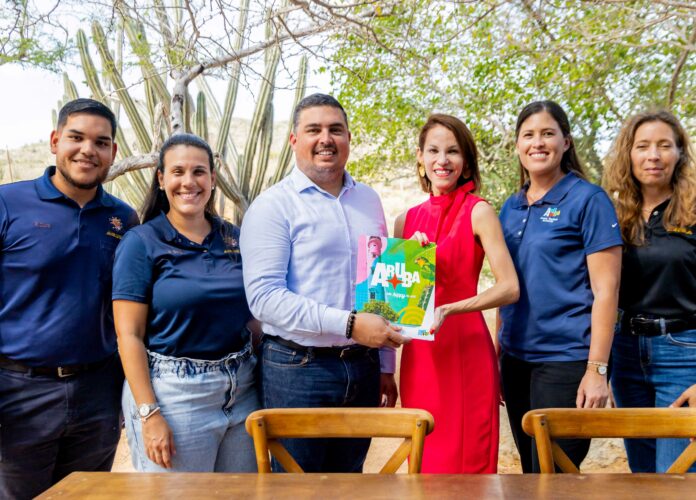The Aruba Tourism Authority (A.T.A.) announced that it has signed a one-year agreement with the Aruba National Park Foundation (FPNA). With this strategic agreement, A.T.A. reaffirms its commitment to continue working closely with FPNA as a mutual support for ongoing efforts in protecting and preserving our nature.
A.T.A. acknowledges the need to focus on sustainable tourism development, which is of paramount importance as a joint effort. By joining forces, we can ensure that our primary economic pillar remains a vital source of income for future years. A.T.A.’s vision is based on the “High Value – Low Impact” model, aiming to strike a balance between four pillars: “Quality of Life for Residents,” “Visitor Experience Quality,” “Nature & Environmental Protection and Preservation,” and “Economic Contribution of the Tourism Sector.”
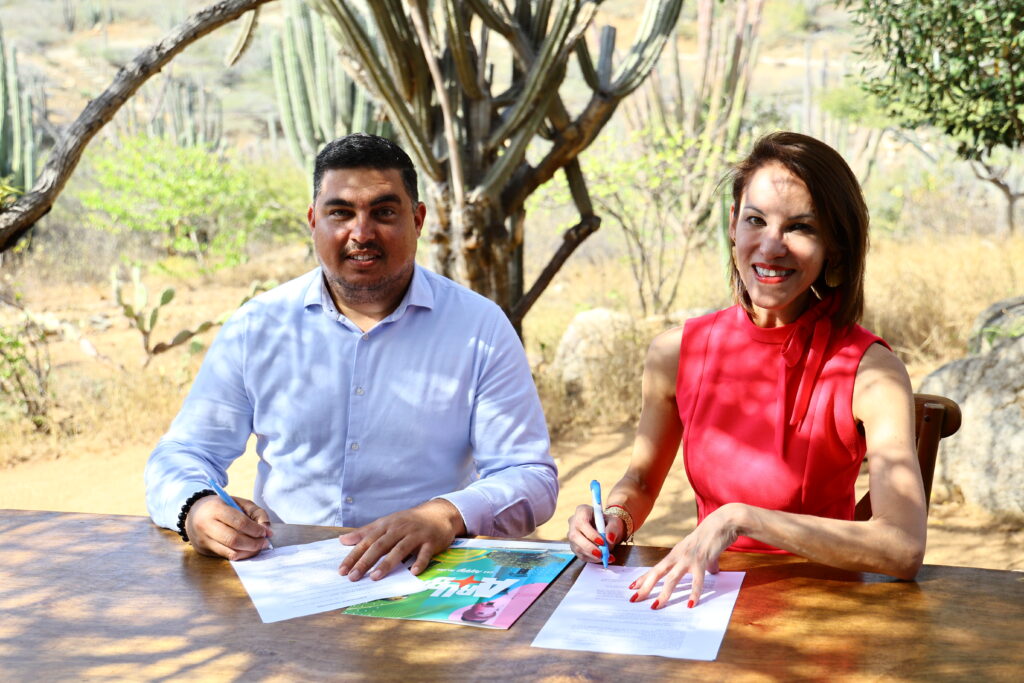
For many years, A.T.A. has been providing support to FPNA for investments in projects where tourism and nature can coexist. Additionally, A.T.A. will continue to make funds available for the maintenance and renovation of various tourist sites, thereby improving safety, accessibility, and the experience of both locals and visitors to the island, while also managing the impact of visitors on nature.
The agreement signed focuses on infrastructural projects, such as the maintenance project for railings, footpaths, and other facilities, among others, at Conchi, Dos Playa, Boca Prins, Grot Fontein, and Grot Quadirikiri in Arikok National Park, and will also place boulders at Malmok to limit traffic.
As the one responsible for managing and marketing our island, A.T.A. will also assist in the correct promotion of authentic experiences within and around the areas falling under FPNA. This includes ensuring alignment in communication efforts, focusing on a code of conduct to inform visitors of rules and laws, and providing more information and education regarding our parks and nature.
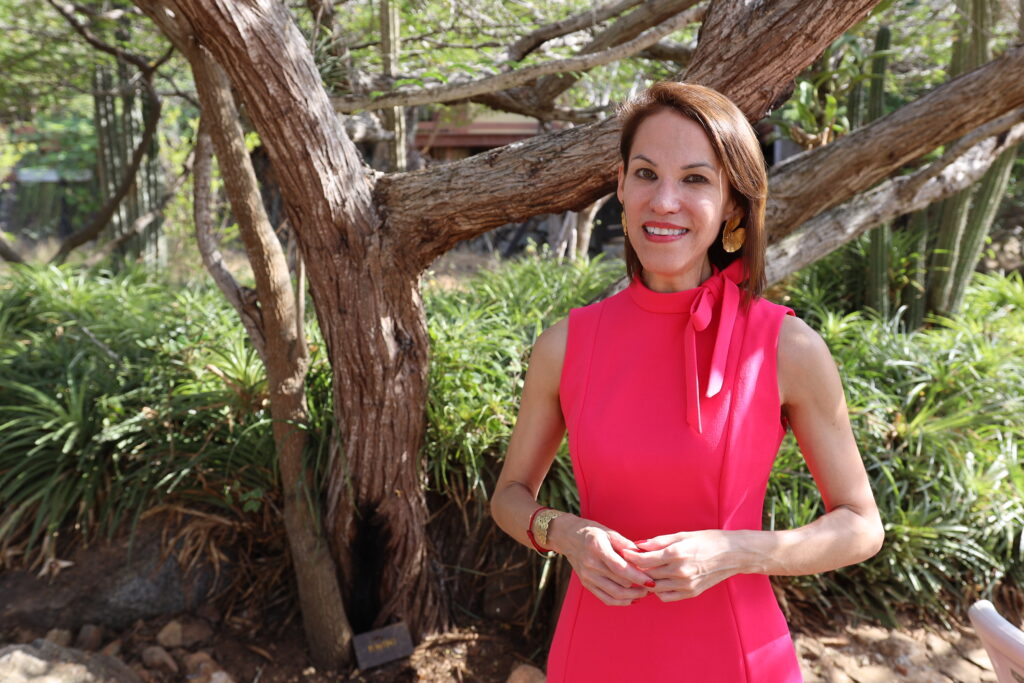
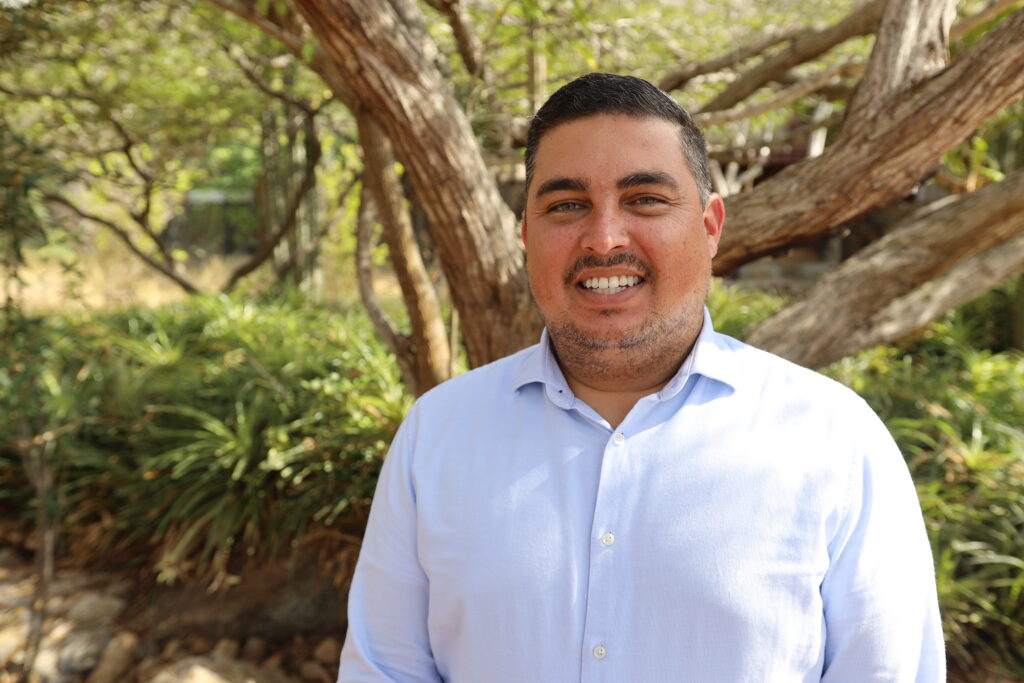
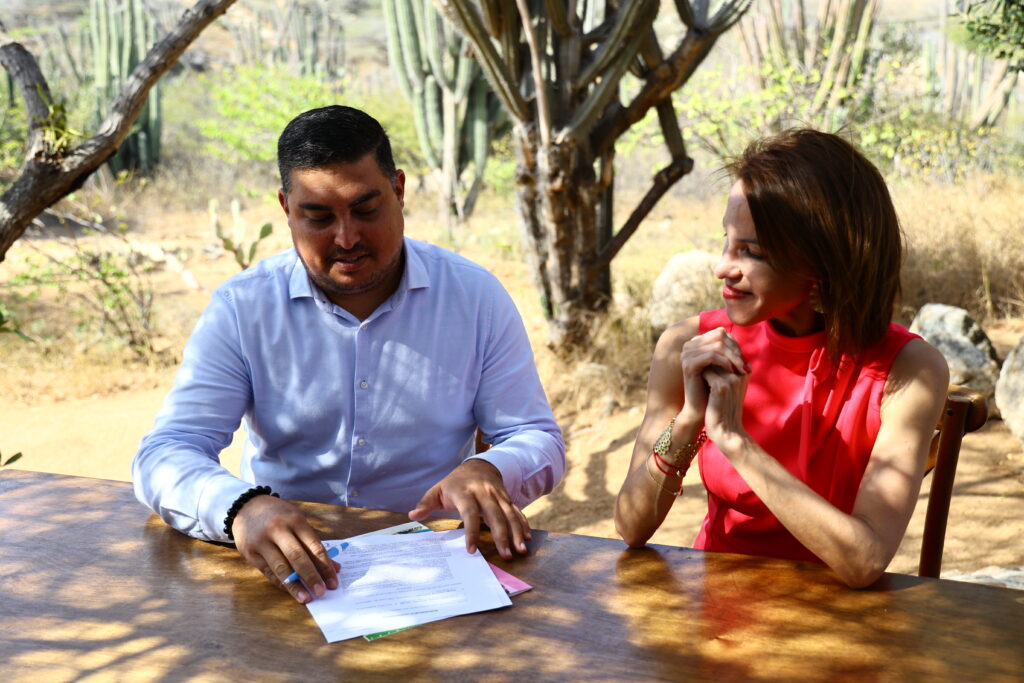
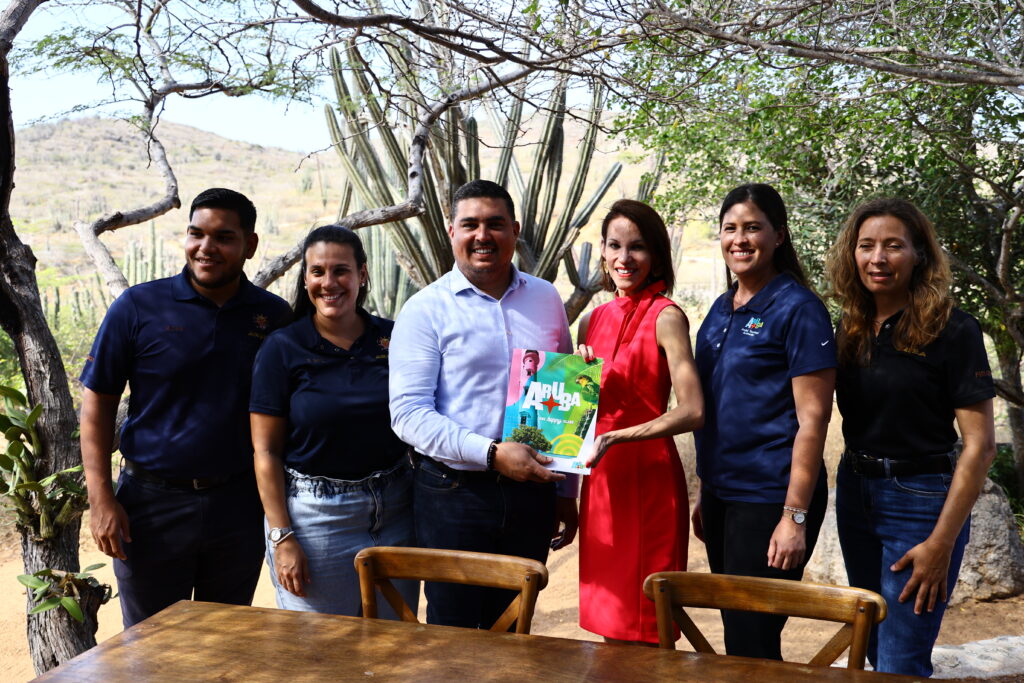
A.T.A. will continue to work closely with FPNA to manage visitors in a way that minimizes damage to nature and the environment while promoting sustainability. This includes investments made in places like Mangel Halto and the installation of boulders at Sasarawichi.
This strategic collaboration also means that A.T.A. will obtain more concrete information and data on visitors through a new project to be launched next month, namely the eco-counter, which will measure visitor flows in Aruba’s natural areas and enable future management adjustments.
Through the installation of eco-counters in different high-traffic visitor locations, A.T.A. will be able to provide data that will aid in better planning. The eco-counter offers a solution that counts and analyzes pedestrian traffic through a scan that ensures visitor privacy. Areas where the eco-counter will be installed include Conchi, Grot Fontein, and Spaans Lagoen, to begin with, all under FPNA’s management.

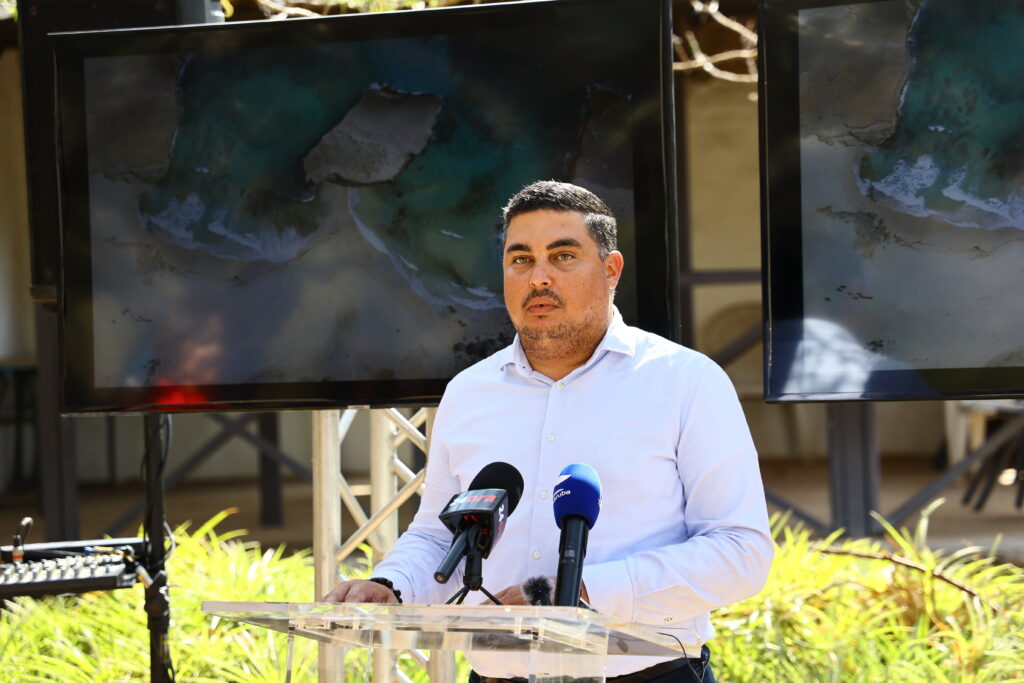
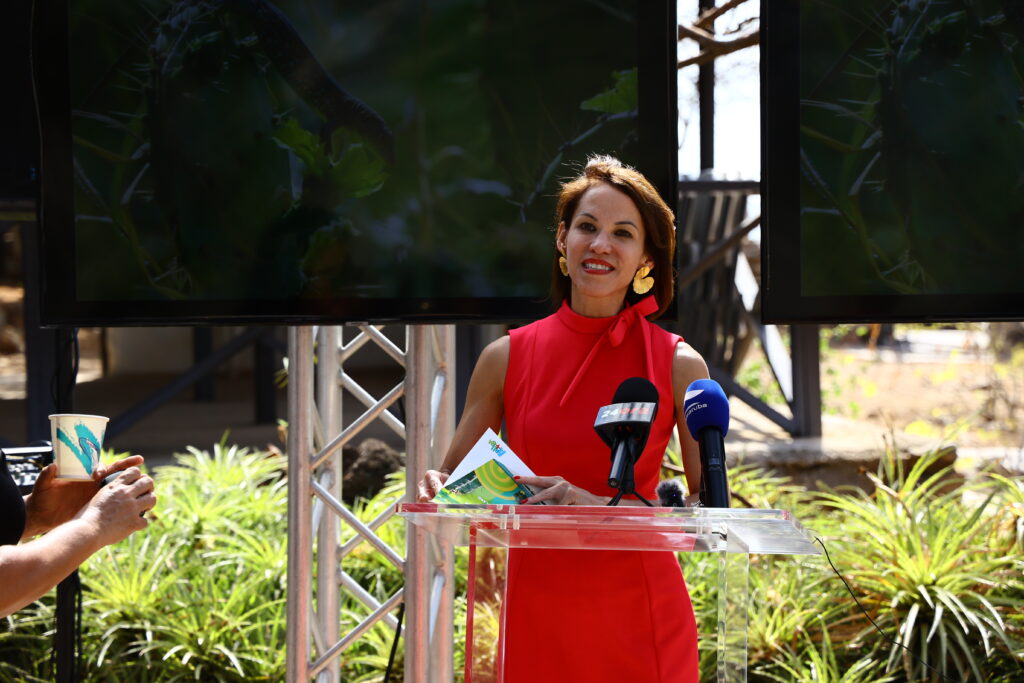
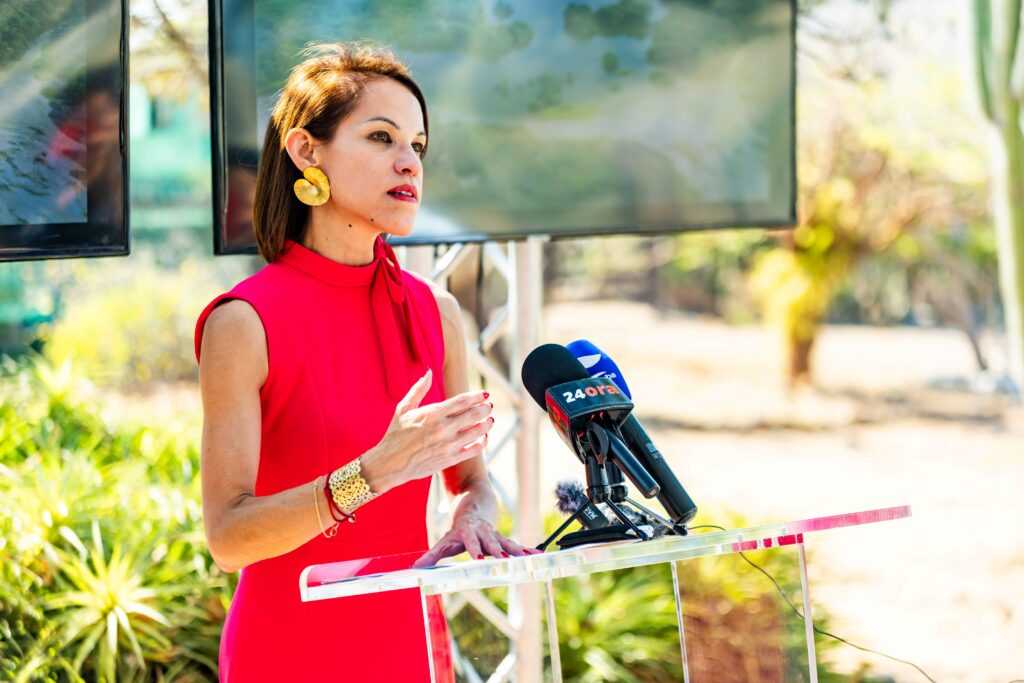
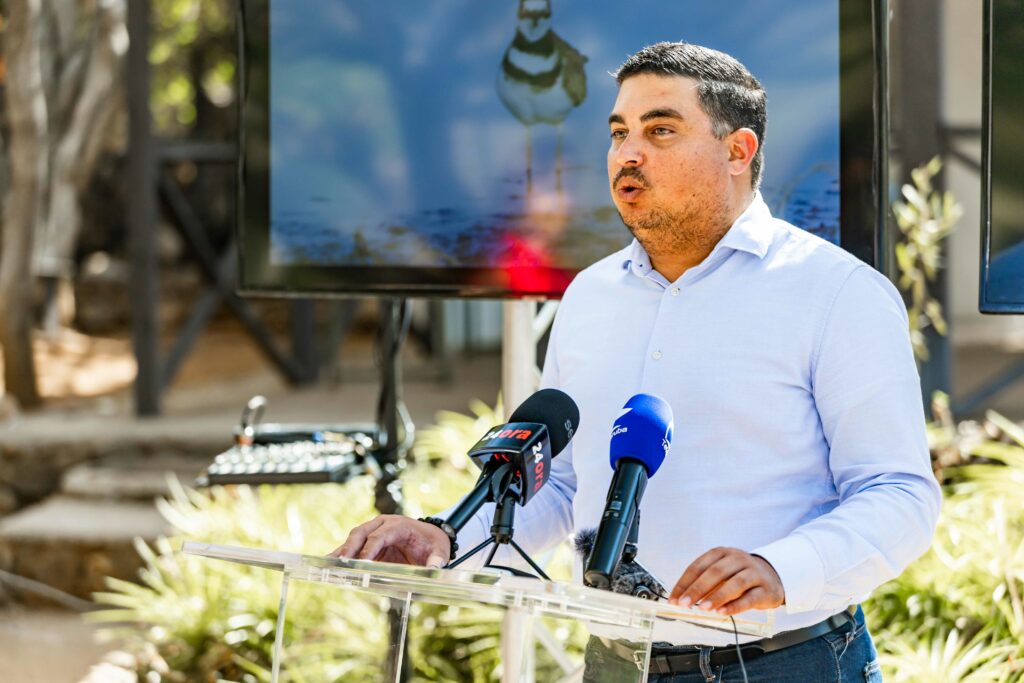
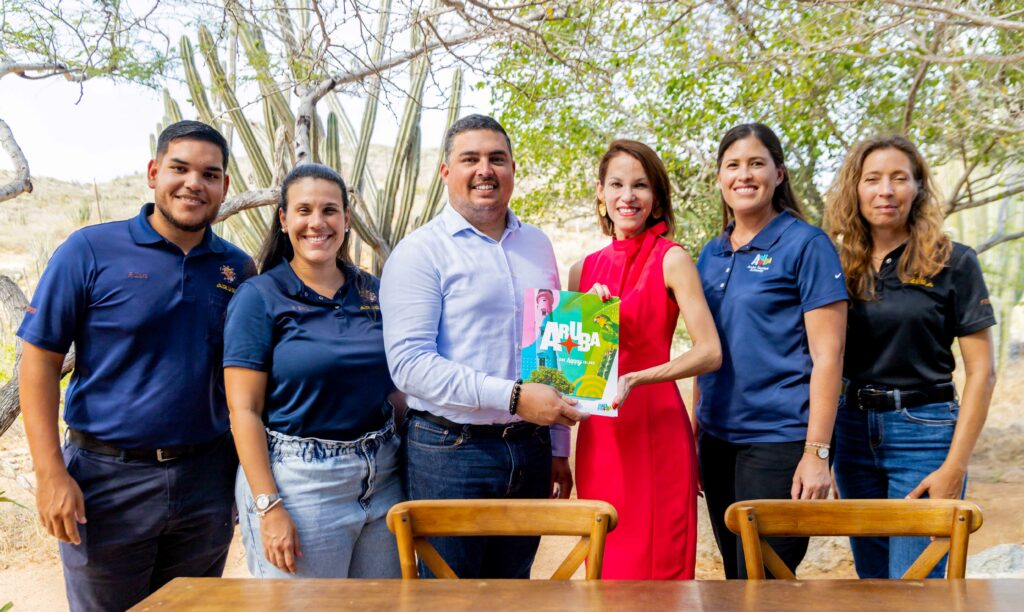
“We are extremely excited to continue collaborating with FPNA in our mutual mission to preserve and protect our natural treasures and our environment. This is an important step for our community and Aruba’s tourism as a whole. This collaboration agreement covers a total of millions of florins invested in providing support and realignment to the common cause and is a demonstration of commitment between A.T.A. and FPNA, a commitment embedded in A.T.A. & FPNA’s multi-year management plan,” were the words of A.T.A. CEO Ronella Croes on this occasion.
“The Aruba National Park Foundation, as an independent nature conservation management organization in terrestrial and marine areas in Aruba, is extremely pleased to sign a collaboration agreement with A.T.A.,” commented Tyson Lopez, Chief Executive Officer of FPNA. The collaboration will reinforce FPNA’s direction, as outlined in our Multi-Annual Corporate Strategy 2023 – 2032, to work towards attracting a type of tourism that is more conscious of its impact on nature by informing, educating, and offering sustainable experiences that create transformation in our visitors, who develop a sustained appreciation and sense of responsibility for nature.

